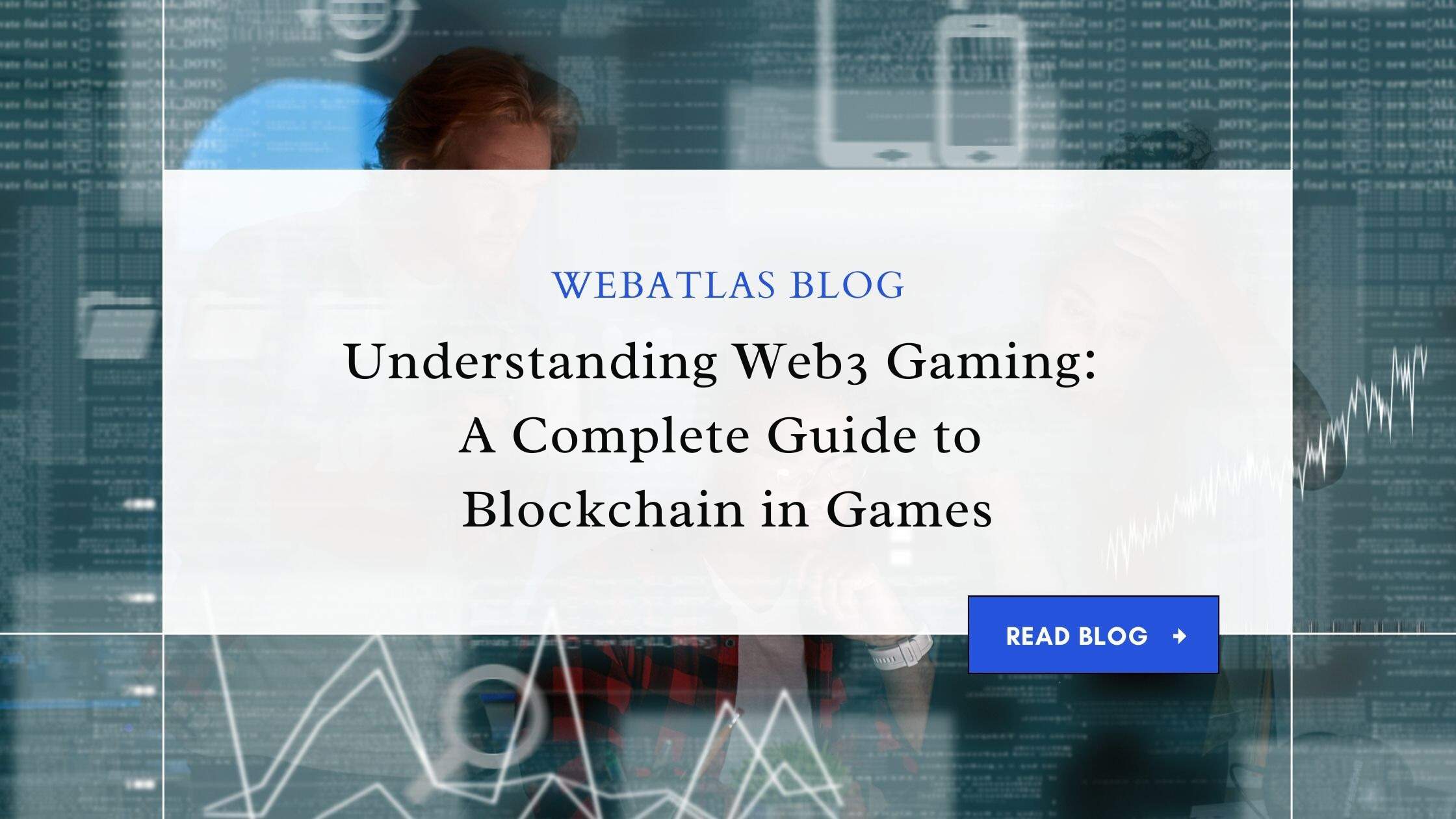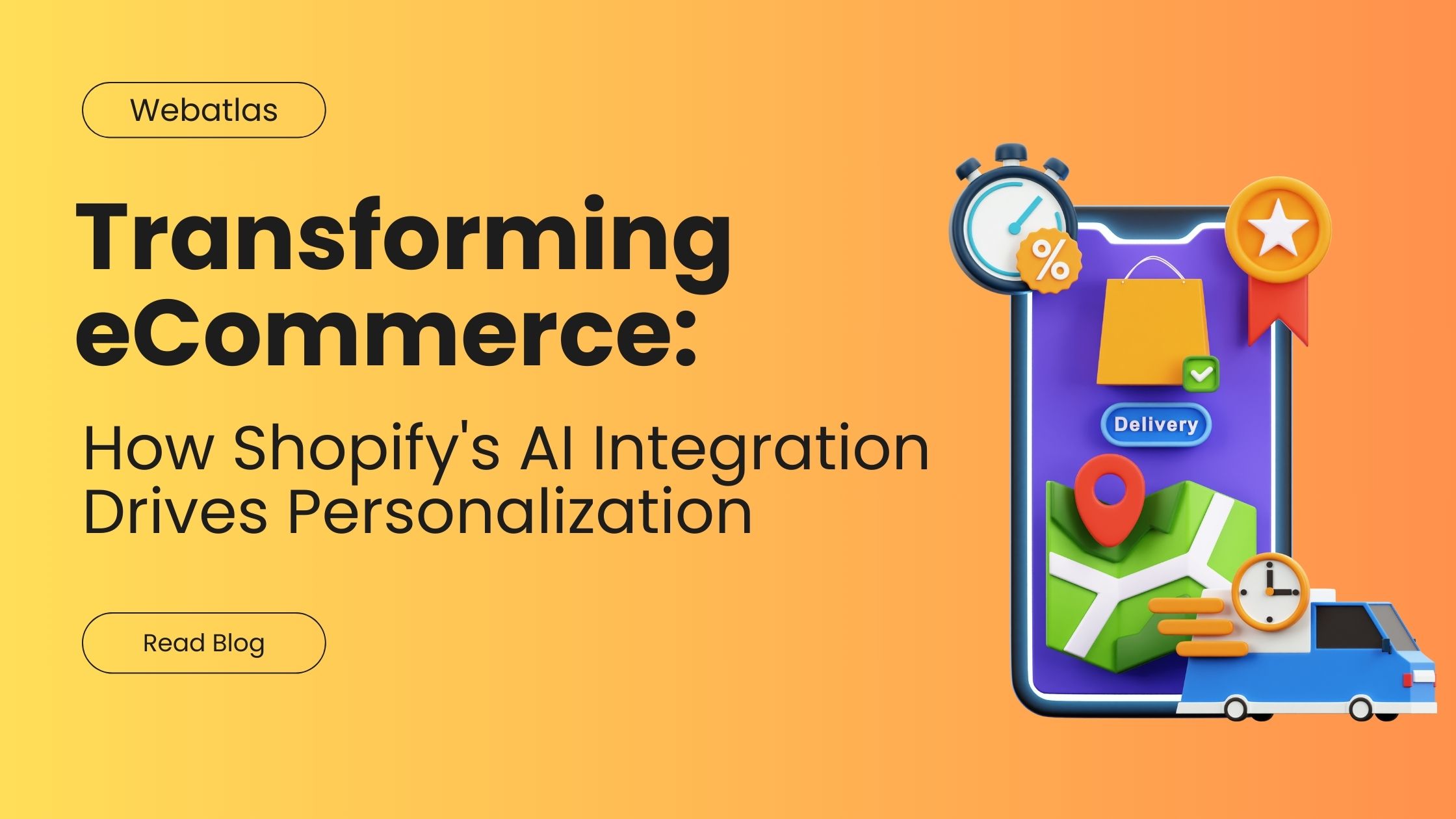Web3 Gaming Explained: A Complete Guide to the Future of Blockchain Gaming

The gaming industry is undergoing a significant transformation, and one of the most exciting developments is the rise of Web3 gaming. Powered by blockchain technology, Web3 gaming promises to reshape how games are played, owned, and monetized. But what exactly is Web3 gaming, and how does it differ from traditional gaming? This comprehensive guide will explain everything you need to know about this revolutionary concept.
What Is Web3 Gaming?
Web3 gaming refers to a new era of video games that leverage blockchain technology and decentralized networks. Unlike traditional Web2 games, where the game developer or publisher controls all aspects of the game, Web3 games empower players by providing true ownership of in-game assets, a decentralized economy, and innovative ways to earn and trade digital goods. These games operate on blockchain protocols, making them transparent, secure, and community-driven.
The key difference between Web2 and Web3 gaming is decentralization. In Web3, players own the assets they earn or buy, such as in-game items, characters, or currencies, as non-fungible tokens (NFTs). These digital assets are stored on blockchain networks, allowing players to trade or sell them freely, even outside the game.
Also Read- Introduction to Web App Testing: Why Automation Matters
Key Features of Web3 Gaming
- True Ownership of Assets
One of the most significant shifts in Web3 gaming is the idea of true digital ownership. In traditional games, players might spend hours unlocking items or spend real money on in-game purchases, but they do not truly own these assets. Web3 games use NFTs to represent in-game items, meaning players have actual ownership of their digital goods. These assets are stored on the blockchain, allowing players to sell, trade, or even use them in other compatible games. - Decentralized Economies
Web3 games operate on decentralized platforms, allowing players to participate in game economies more freely. Players can earn cryptocurrencies or NFTs through gameplay, which can be traded or sold on marketplaces without the need for third-party intermediaries. This creates a player-driven economy where the game’s value is distributed more equitably among the community. - Play-to-Earn (P2E) Models
The “Play-to-Earn” model is a hallmark of Web3 gaming. In this model, players are rewarded with cryptocurrencies or NFTs for participating in the game. This is a stark contrast to traditional games where players invest money into the game but seldom receive financial rewards in return. Play-to-Earn games empower players to earn real-world value through their gaming efforts, blurring the lines between work and play. - Interoperability Between Games
Blockchain technology allows for the interoperability of assets across multiple games. Imagine owning a weapon or character in one game and being able to use that same asset in another game, provided both games are built on the same blockchain protocol. This level of interoperability creates new gaming ecosystems, where players have unprecedented flexibility with their assets. - Governance and Community Participation
Web3 games often give players a voice in the development and governance of the game through decentralized autonomous organizations (DAOs). DAOs allow players to vote on game changes, asset creation, or even future game updates. This shifts power from centralized game developers to the gaming community, fostering a more collaborative experience.
The Role of Blockchain in Web3 Gaming
Blockchain technology is the backbone of Web3 gaming, offering several critical advantages:
- Security and Transparency: Blockchain ensures that all transactions, such as buying, selling, or trading in-game assets, are secure and transparent. The immutability of blockchain records prevents fraud and guarantees the authenticity of digital assets.
- Smart Contracts: These self-executing contracts, written in code, handle transactions automatically when predefined conditions are met. In Web3 gaming, smart contracts can facilitate trades, distribute rewards, or trigger game events based on certain criteria, without the need for intermediaries.
- Decentralization: With Web3 games, servers and data are distributed across a blockchain network, removing the single point of failure seen in centralized systems. This decentralized structure prevents censorship and offers a more secure gaming environment.
Popular Web3 Games Leading the Charge
Several Web3 games have already gained traction in the industry, showcasing the potential of blockchain-based gaming experiences. Some notable examples include:
- Axie Infinity
Axie Infinity is a play-to-earn game where players collect, breed, and battle fantasy creatures called Axies. Players can earn cryptocurrency rewards and trade Axies on decentralized marketplaces. Axie Infinity has become one of the most successful Web3 games, with millions of players worldwide. - Decentraland
Decentraland is a virtual world where players can buy, develop, and sell land parcels as NFTs. This immersive, blockchain-powered experience enables players to create their environments, participate in virtual events, and monetize their creations. - The Sandbox
The Sandbox is another virtual world built on blockchain technology, where players can create, own, and monetize their gaming experiences. It allows for creative freedom and user-generated content, with digital assets that can be traded as NFTs on the blockchain.
Challenges Facing Web3 Gaming
While Web3 gaming offers many exciting opportunities, it is not without its challenges:
- Adoption Barriers: Blockchain technology is still relatively new to many gamers, and the idea of decentralized ownership can be confusing. To reach mass adoption, Web3 games must offer a user-friendly experience, removing the complexities associated with wallets, NFTs, and cryptocurrency.
- Scalability Issues: Blockchains, particularly popular ones like Ethereum, face scalability challenges. High gas fees and slow transaction times can hamper the seamless gameplay experience. However, layer-2 solutions and other blockchain networks like Polygon and Solana are addressing these issues.
- Regulation and Security: As with all blockchain applications, regulatory concerns and potential security vulnerabilities remain. Players and developers alike must stay informed about changing legal landscapes and ensure their platforms and assets are secure from hacking or exploitation.
Must Read- Top Mobile App Development Trends to Watch in 2025
The Future of Web3 Gaming
The future of Web3 gaming looks incredibly promising as blockchain technology continues to evolve. With the increasing popularity of NFTs, decentralized finance (DeFi), and cryptocurrencies, Web3 games are likely to become more immersive, accessible, and financially rewarding for players.
- Cross-Chain Gaming: As different blockchains become more interoperable, cross-chain gaming could allow players to transfer assets seamlessly between various platforms, further enhancing the gaming experience.
- Metaverse Integration: Web3 gaming is expected to play a significant role in the development of the metaverse, a virtual universe where people can socialize, work, and play. With blockchain technology at its core, the metaverse will likely feature interoperable assets, decentralized ownership, and new forms of economic participation.
- Mainstream Adoption: With major companies like Ubisoft and EA exploring blockchain-based games, the Web3 gaming industry is poised to attract mainstream attention. As user-friendly solutions emerge and blockchain becomes more integrated into everyday life, more gamers will likely embrace the benefits of Web3.
Conclusion
Web3 gaming represents a new frontier in the gaming world, offering players true ownership of their digital assets, decentralized economies, and the ability to earn real-world value through play. While challenges remain, the potential for blockchain technology to revolutionize the gaming experience is undeniable. As Web3 games continue to evolve, they are set to transform the future of entertainment, blending the worlds of gaming, finance, and decentralized ownership in unprecedented ways.
Recent Post
Let's talk about your project, or just come and say hello!
Webatlas Technologies is the fastest growing web and mobile app development company



